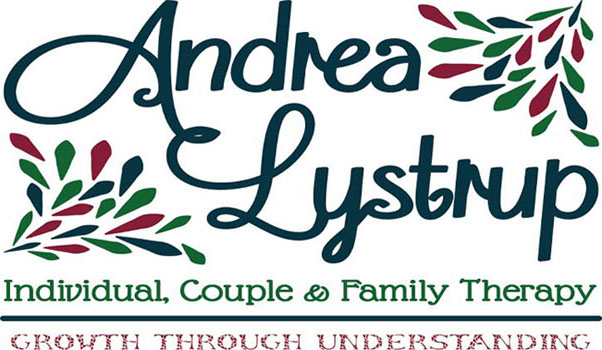Thirteen Parenting Tips for Kids with ADHD
 ADHD is one of the most common diagnoses given to children. With the continuous exposure to flashy screens and impressive special effects, it’s no wonder kids these days have a hard time focusing on something boring like homework or chores. What many parents don’t realize is what a unique gift ADHD can be for your child. Children with ADHD have an impressive energy which can allow them to be more creative, innovative, and fun! I know, I know. When your child is struggling in school it is hard to see ADHD as this wonderful gift. However, the reason so many children struggle with ADHD is because we are not structuring their environment in a way that allows them to be successful. These tips will help you structure your child’s environment in a way that minimizes the challenges associated with ADHD, which leaves you time to enjoy your child’s unique gift.
ADHD is one of the most common diagnoses given to children. With the continuous exposure to flashy screens and impressive special effects, it’s no wonder kids these days have a hard time focusing on something boring like homework or chores. What many parents don’t realize is what a unique gift ADHD can be for your child. Children with ADHD have an impressive energy which can allow them to be more creative, innovative, and fun! I know, I know. When your child is struggling in school it is hard to see ADHD as this wonderful gift. However, the reason so many children struggle with ADHD is because we are not structuring their environment in a way that allows them to be successful. These tips will help you structure your child’s environment in a way that minimizes the challenges associated with ADHD, which leaves you time to enjoy your child’s unique gift.
1. Give your child more immediate feedback and consequences.
2. Give your child more frequent feedback.
3. Use larger and more powerful consequences.
4. Use incentives before punishments.
5. Externalize time by setting timers, and break up assignments that take a lot of time into smaller chunks.
6. Externalize rules by putting them on paper and giving them to your child right before they do the difficult activity.
7. Your child may have difficulty with intrinsic motivation. Help externalize this motivation by giving them another incentive or privilege when they complete the activity.
8. Make thinking and problem solving more physical.
Try the following:
- Let your child read while bouncing on a yoga ball.
- Make your child a stand up desk. This can be as simple as stacking a bunch of books on a desk.
- When writing an essay, let your child draw pictures or write small thoughts on several index cards so they don’t have to worry about forgetting. Then they can move the index cards around to help them organize and write their paper.
9. Be consistent. Don’t give up too soon when trying something new. Be consistent across settings. Get on the same page with all caregivers.
10. Actions speak louder than words. Stop talking and use consequences
11. Predict times that will be hard for your child. Plan a contingency plan and go over it with your child.
Try this 6 step plan:
- Stop just before the site of the anticipated problem (store, church, restaurant, etc.).
- Briefly review 2 or 3 rules with your child.
- Set up the reward or incentive.
- Explain the punishment.
- Follow your plan while giving child immediate and frequent feedback.
- Don’t forget to praise what your child is doing well.
12. Don’t let your child’s actions determine if you believe that you are a good parent. Don’t forget that ADHD is real, challenging, and that you are doing the best you can.
13. Practice forgiveness. Forgive your child and forgive yourself.
If you are in Tucson, Arizona and are seeking individual or couple’s therapy, call 240-558-7198 to schedule an appointment!
Adapted from Barkley, R.A. (2000). Taking charge of ADHD. New York: Guliford.
